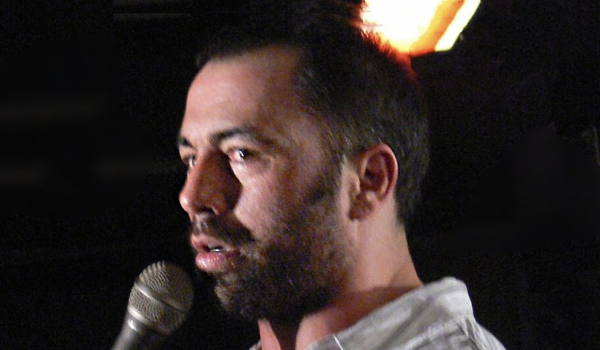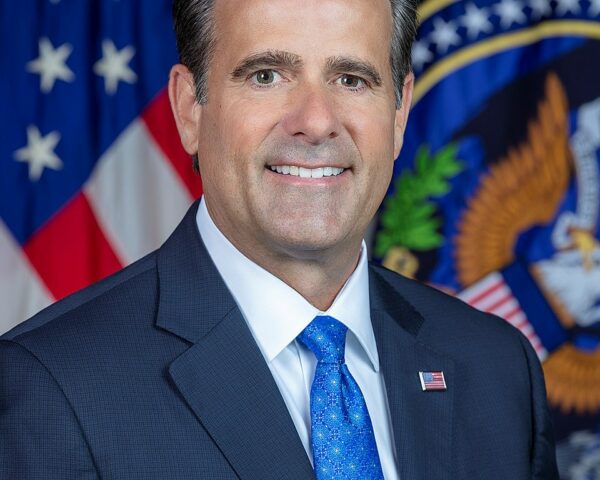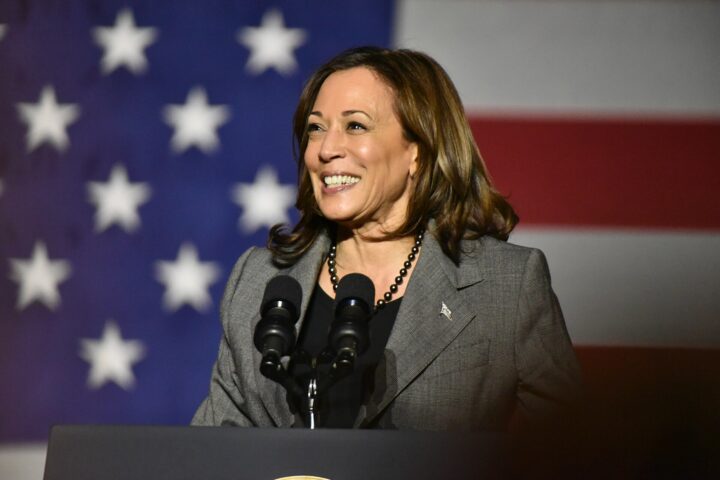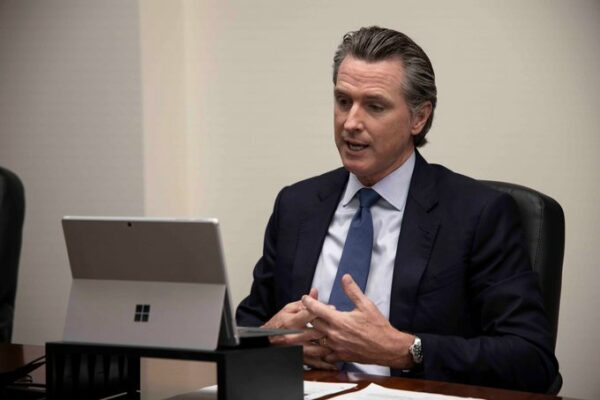In a recent episode of “The Joe Rogan Experience,” host Joe Rogan reportedly expressed concern for Elon Musk’s mental health, suggesting that the billionaire’s frequent use of social media might be detrimental.
The comments came during a discussion with Kash Patel, FBI Director, amid Musk’s escalating feud with President Donald Trump.
Rogan’s remarks were sparked by Musk’s recent post on X (formerly Twitter), in which he accused Trump of concealing the “Epstein files,” a reference to the controversial list of individuals associated with Jeffrey Epstein.
Musk’s claim implied that Trump’s name appeared on documents related to Epstein’s alleged trafficking activities.
“That is the real reason they have not been made public,” Musk wrote, further fueling tensions between the two high-profile figures.
As Rogan read Musk’s inflammatory post, he reacted strongly, saying, “Someone should take his phone away,” characterizing the accusation as “crazy.”
He elaborated on the potential negative effects of Musk’s online behavior, suggesting that constant engagement with social media could harm anyone’s mental well-being. “I think posting things public all day and arguing with people all day is bad for you,” he stated.
Patel, aiming to steer the conversation away from the contentious Musk-Trump dynamic, noted that social media often amplifies the “click army” that drives public discourse.
He acknowledged the challenges of addressing conspiracy theories fueled by online interactions, particularly those surrounding Epstein’s death in custody in 2019, which remains a hotbed of speculation.
Earlier in the episode, Rogan had mentioned his ongoing conversations with Musk regarding artificial intelligence and its rapid advancements.
He marveled at how AI technology could create highly realistic content, further complicating the digital landscape. “AI can kind of make anything,” he observed, underscoring the bizarre reality Musk faces as both a tech innovator and a controversial public figure.
As Rogan’s podcast continues to attract millions of listeners, his insights often reflect broader societal concerns regarding the intersection of technology and mental health.
His suggestion to limit Musk’s access to social media highlights a growing awareness of the pressures faced by influential figures in the digital age.
With both Musk and Trump at the forefront of public attention, their ongoing disputes serve as a reminder of the volatile nature of social media interactions.
The implications of their exchanges extend beyond personal grievances, influencing public sentiment and discourse in an increasingly polarized environment.
In the end, Rogan’s commentary resonates with many who fear the impact of social media on mental health, especially for those like Musk, who are constantly in the spotlight.
As the feud continues, the question remains: how will these high-profile figures navigate their complex relationship with technology and public perception?
[READ MORE: Bannon Warns Elon Musk May Help Dems ‘Steal’ Midterms From the GOP]








